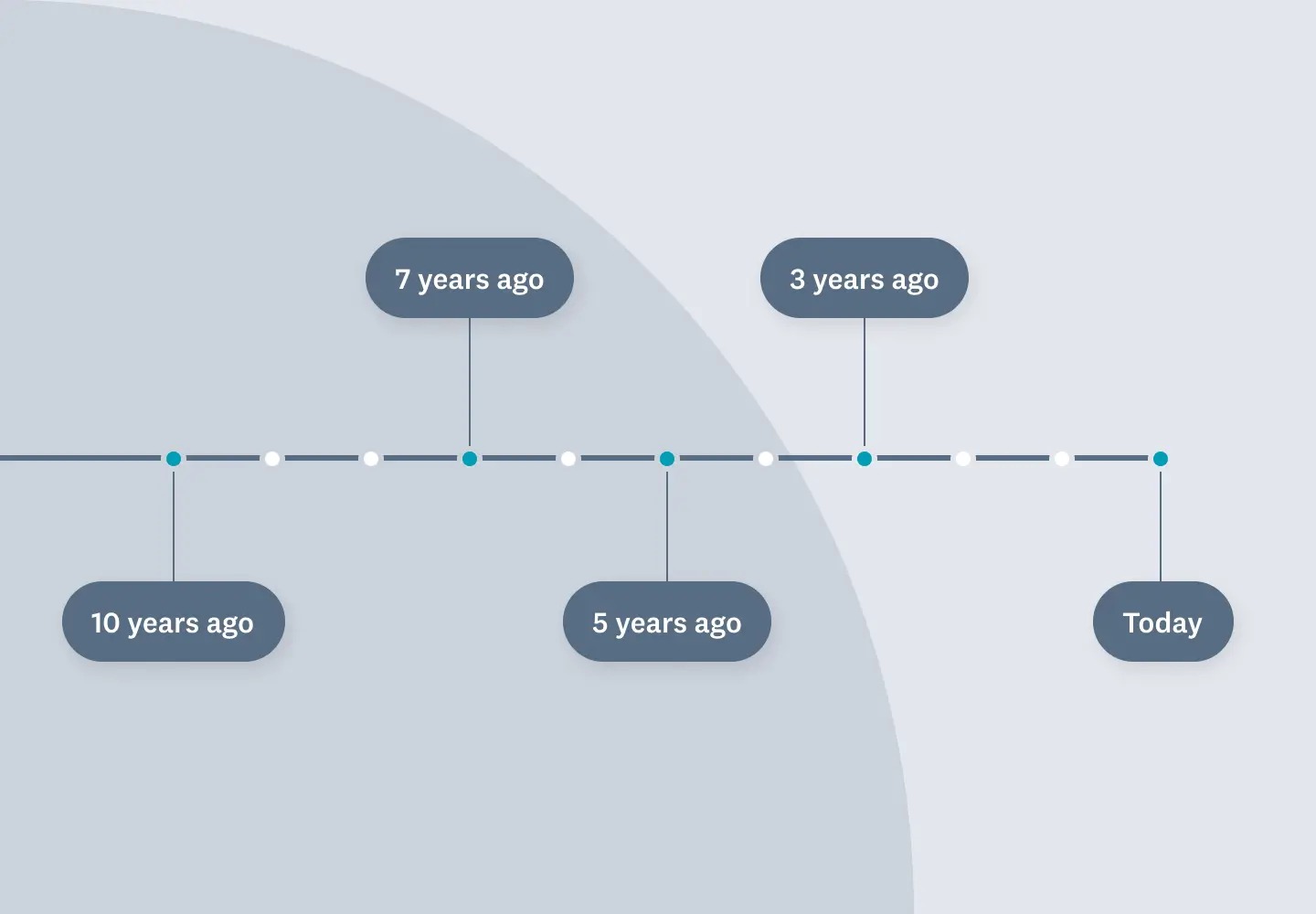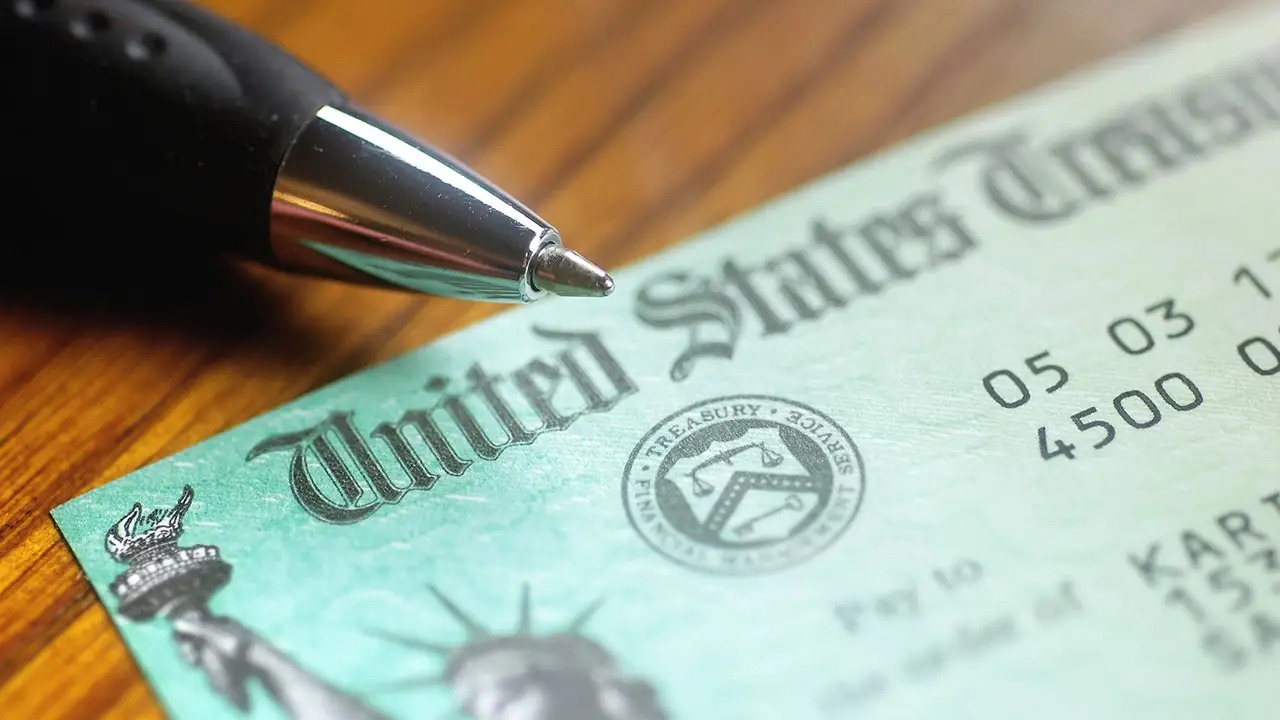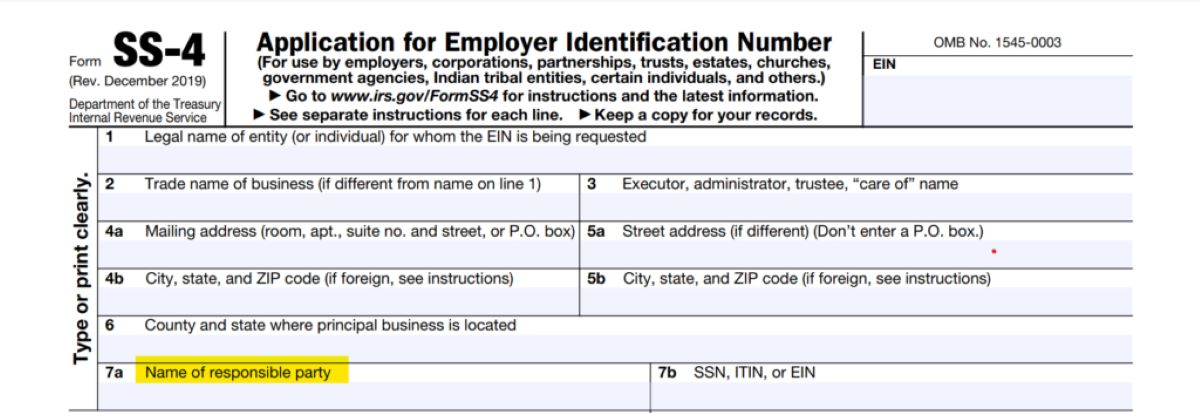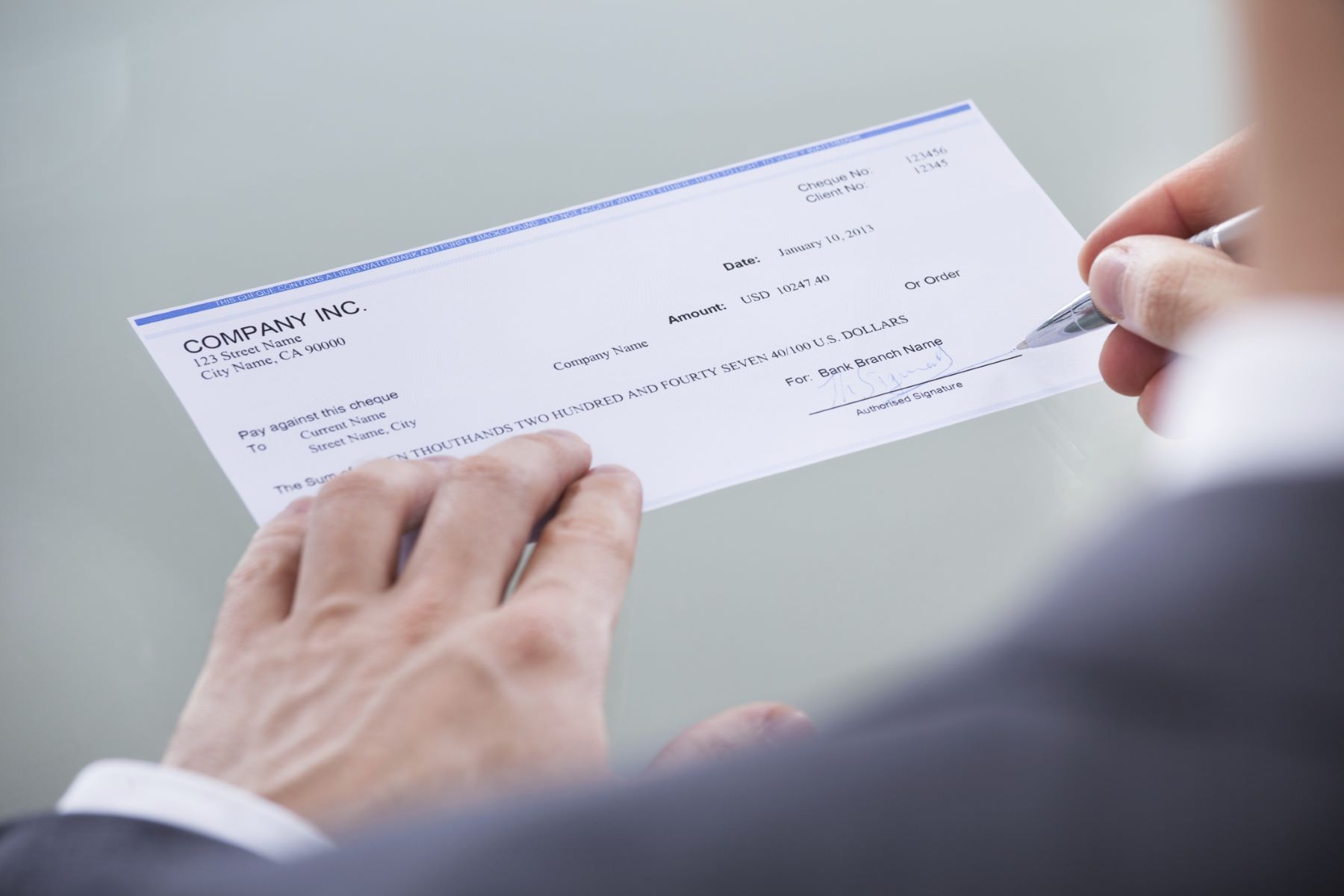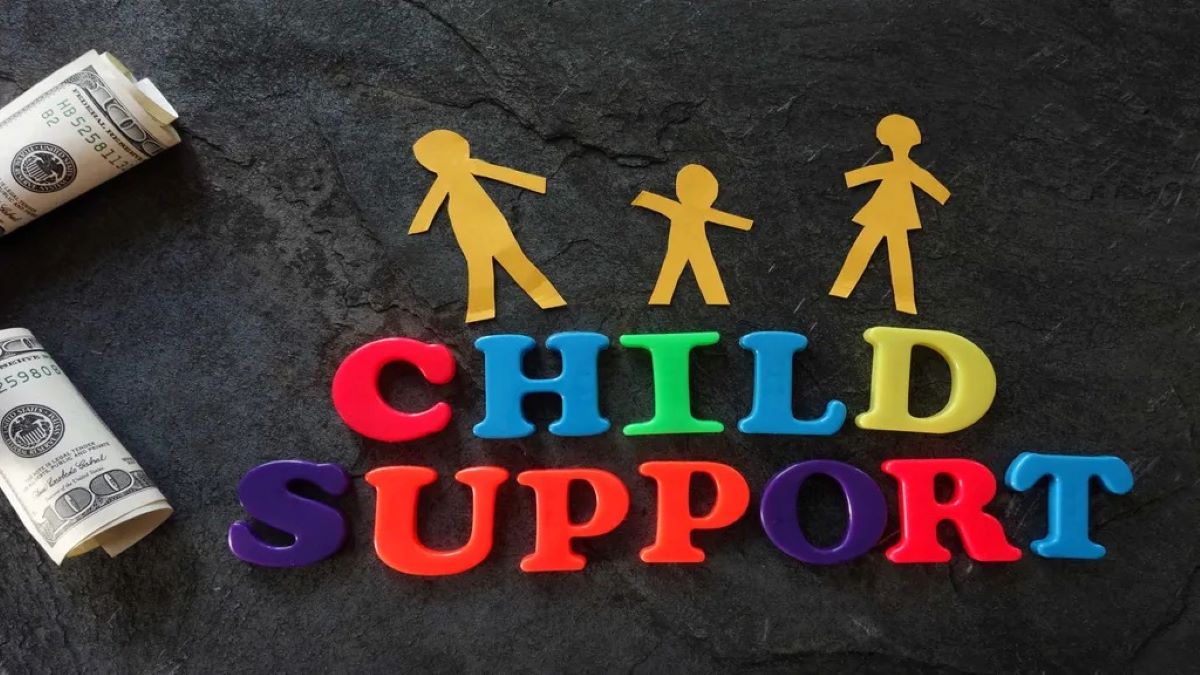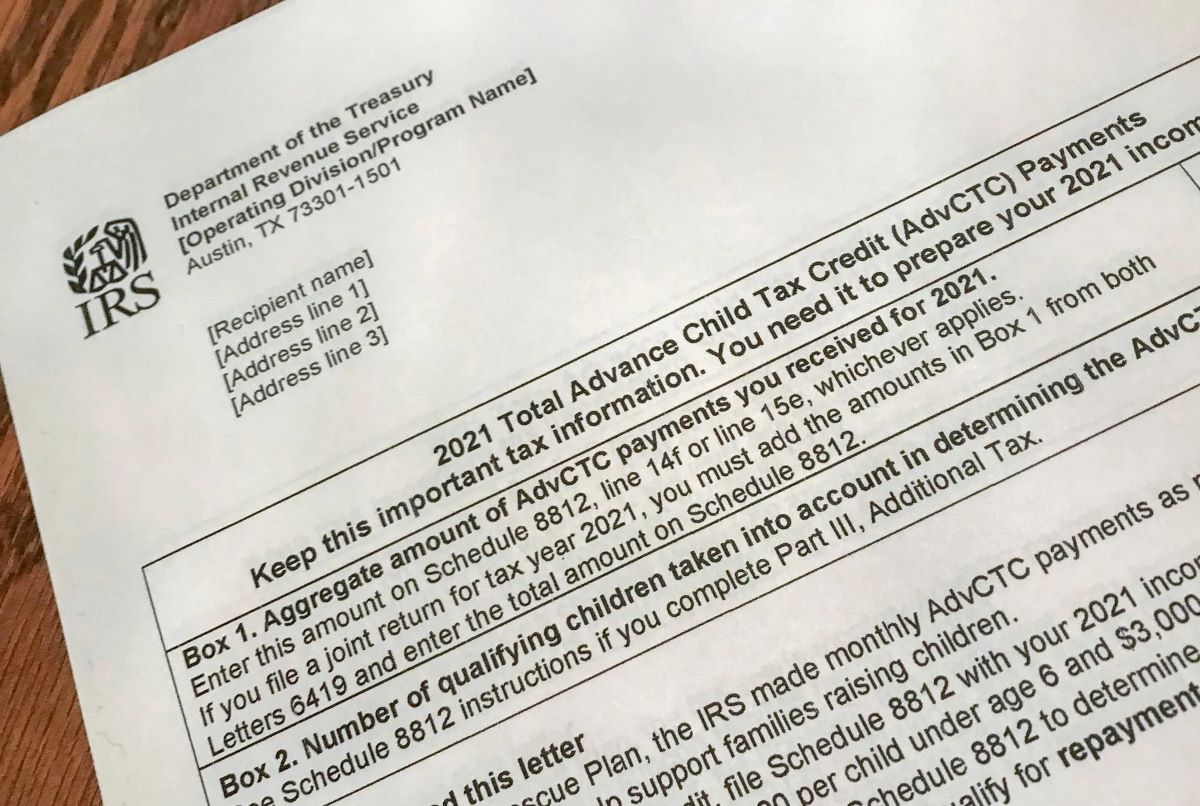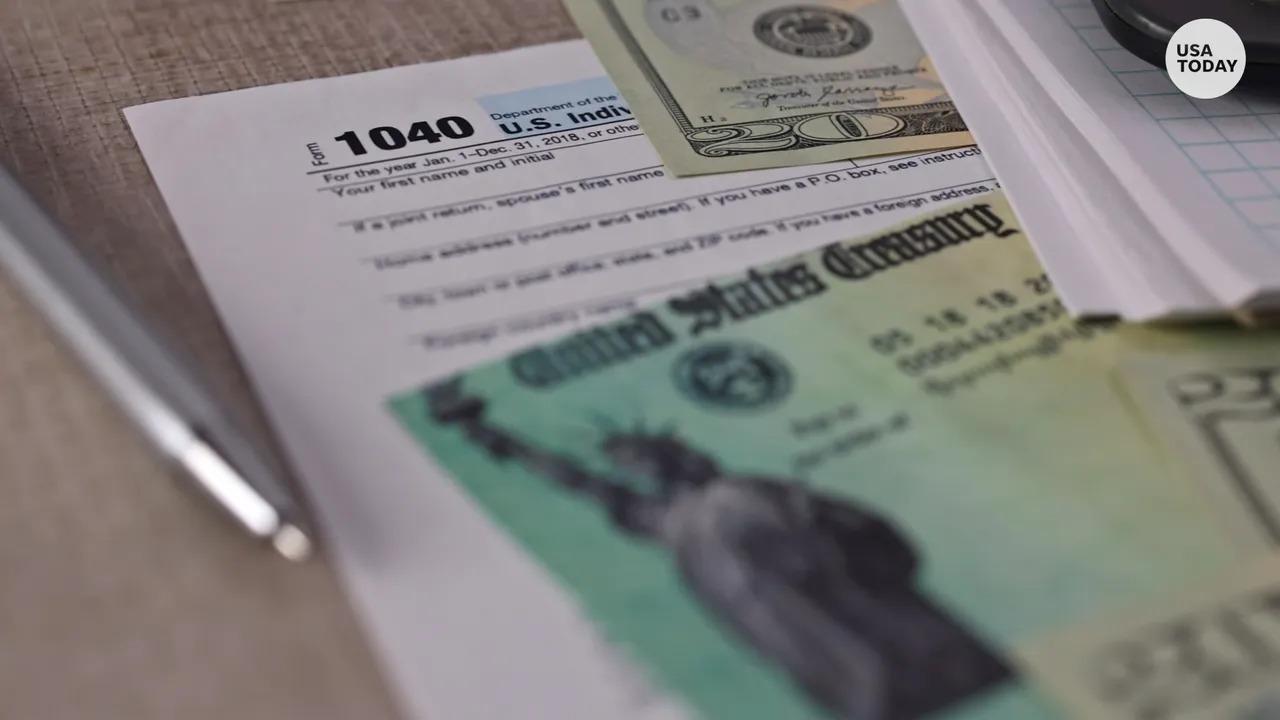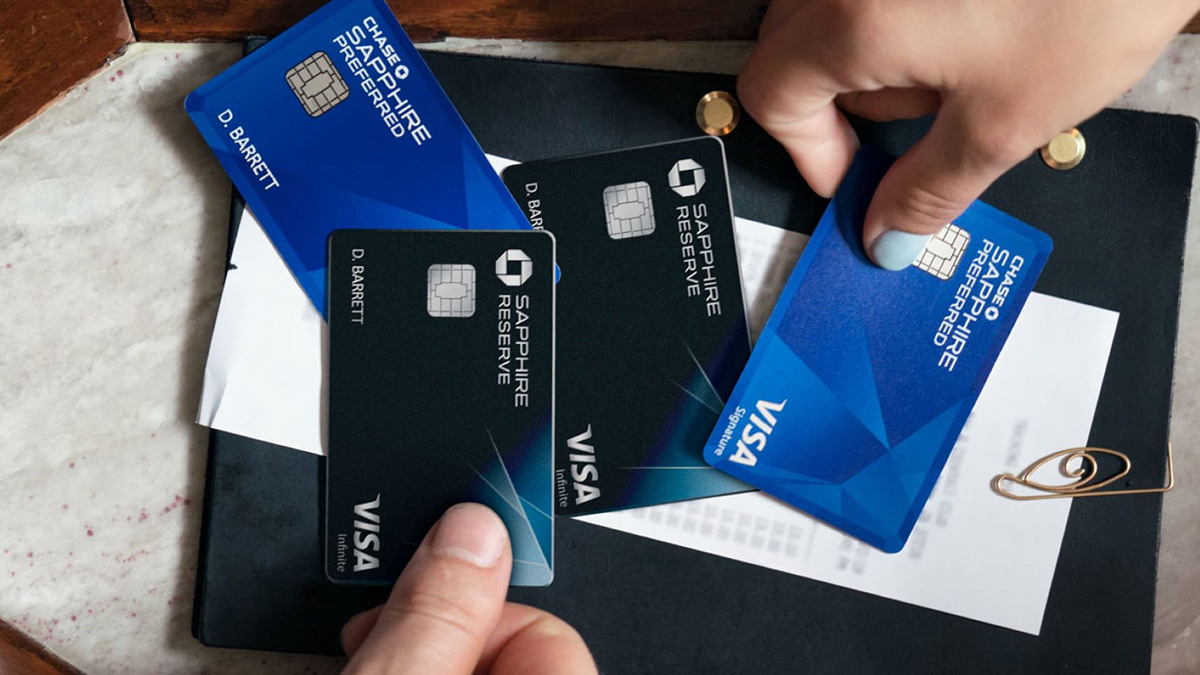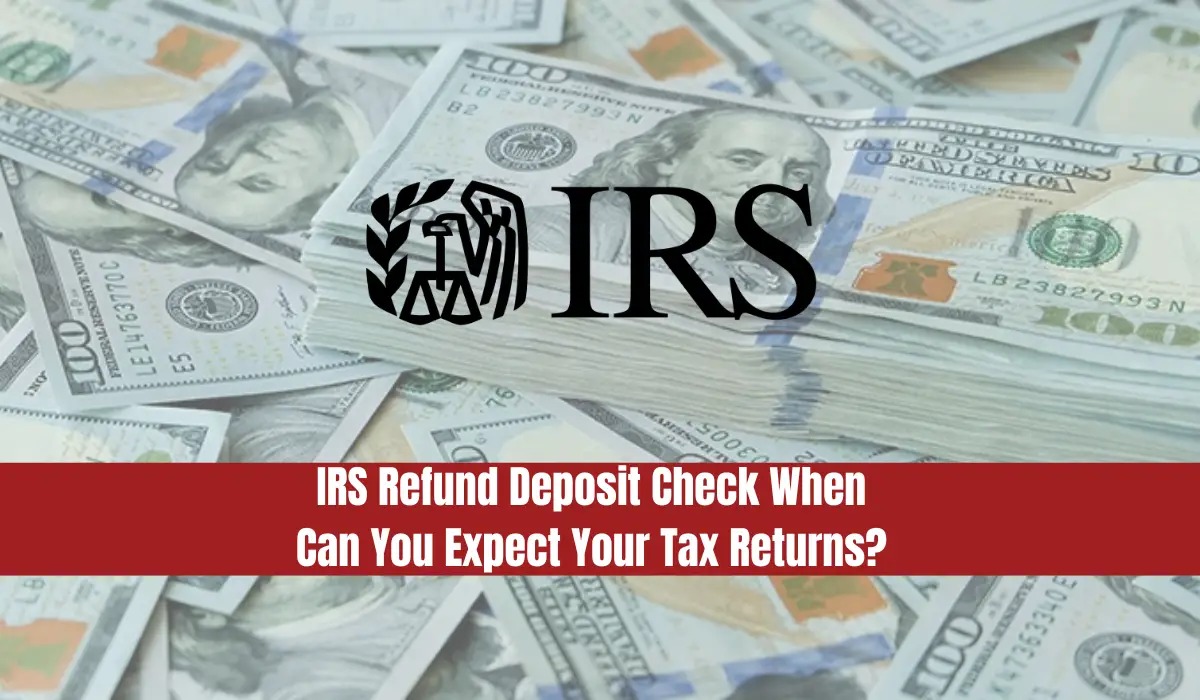

Finance
How Long Does It Take For IRS To Cash Check
Modified: February 21, 2024
Find out how long it takes for the IRS to cash your check. Get insights on check processing times and manage your finances efficiently.
(Many of the links in this article redirect to a specific reviewed product. Your purchase of these products through affiliate links helps to generate commission for LiveWell, at no extra cost. Learn more)
Table of Contents
Introduction
Welcome to our comprehensive guide on the payment process of the Internal Revenue Service (IRS) and how long it takes for them to cash a check. If you’ve recently sent a payment to the IRS or if you’re planning to do so, understanding the timeline involved can help you gain peace of mind and better manage your finances.
The IRS is the federal agency responsible for collecting taxes in the United States. As part of their process, individuals and businesses are required to make payments to the IRS to fulfill their tax obligations. This can be done in various ways, including sending a physical check.
However, many individuals are often left wondering how long it takes for the IRS to cash their checks. Waiting for a check to clear can be a stressful experience, as the timing can impact your financial planning and budgeting. In this article, we will explore the factors that affect the processing time of IRS check payments and provide insights into the typical processing times you can expect.
Understanding the IRS payment process and the factors that influence it can help you anticipate how long it may take for your check to be cashed. Additionally, we will discuss potential issues that may cause delayed processing and offer electronic payment alternatives that can expedite the payment process.
So, whether you’re awaiting confirmation that your payment has been received or you’re planning to make a payment to the IRS, read on to gain a deeper understanding of the IRS payment process and how long it typically takes for them to cash a check.
Understanding the IRS payment process
Before diving into the time it takes for the IRS to cash a check, it’s important to have a basic understanding of the IRS payment process. When you owe taxes to the IRS, you typically have several options to make a payment, including sending a physical check.
When you send a check to the IRS, it undergoes a series of steps in the payment process. First, the check is received by the IRS at their designated payment processing center. Once received, it is logged into the system and assigned a unique identification number. The check is then sent for verification and processing.
During the verification process, the IRS compares the information on the check with the information provided on the corresponding tax return or payment voucher. This includes ensuring that the check is signed, the payment amount matches the tax liability, and any necessary payment documentation is included.
After the check has been verified, it is processed for payment. This involves the physical check being deposited into the IRS’s bank account and the funds being transferred. At this stage, the IRS officially confirms the receipt of the payment.
It’s important to note that the IRS processes a large volume of payments on a daily basis. This volume, combined with various other factors, can influence the time it takes for your check to be cashed. Understanding these factors can give you a better idea of the potential processing time.
Now that we have a basic understanding of the IRS payment process, let’s explore the factors that can affect the time it takes for the IRS to cash a check.
Factors affecting the time it takes for the IRS to cash a check
Several factors can influence the time it takes for the IRS to cash a check. Understanding these factors can help you manage your expectations and plan accordingly. Here are some key factors to consider:
- Volume of payments: The IRS processes a significant number of payments daily, especially during peak tax season. Higher volumes can result in longer processing times as the IRS works through the payment backlog.
- Accuracy of payment: If there are discrepancies or inaccuracies in your payment, such as an incorrect taxpayer identification number or payment amount, it may take additional time for the IRS to resolve the issue before cashing the check.
- Tax season: The time of year can impact processing times. During tax season, when the IRS is receiving a higher volume of payments, it’s not uncommon for processing times to be slightly longer.
- Public holidays and weekends: The IRS operates on weekdays, so if your payment arrives on a weekend or a public holiday, it may not be processed until the next business day.
- Mail delivery time: The time it takes for your check to reach the IRS payment processing center can vary depending on the postal service’s delivery speed. Delays in mail delivery can extend the overall processing time.
- Check clearing process: Once the IRS receives your payment, it may take a few days for the check to clear through the banking system. This process is dependent on the policies of your bank and the IRS’s banking partners.
It’s important to remember that while these factors can influence the processing time, the IRS strives to process payments as efficiently as possible. However, it’s always a good idea to plan ahead and allow for some leeway when making payments to ensure they are processed in a timely manner.
Next, let’s explore the typical processing times for IRS check payments.
Typical processing times for IRS check payments
While the processing time for IRS check payments can vary, there are some general guidelines you can use to estimate how long it may take for your check to be cashed. Keep in mind that these are typical processing times and may vary depending on the factors mentioned earlier.
Under normal circumstances, it can take anywhere from a few days to a few weeks for the IRS to cash a check. Once the check is received at the payment processing center, it goes through the verification and processing steps before being deposited and confirmed as received.
In most cases, if your payment is processed without any issues, you can expect the IRS to cash your check within 7-10 business days. However, during peak tax season or periods of high volume, it may take a bit longer for your payment to be processed.
It’s worth noting that the IRS offers an online tool called “Where’s My Refund?” that can provide you with updates on the status of your payment. This tool allows you to track your payment and check whether it has been cashed or if there are any issues requiring further action.
If it has been more than 21 days since you sent your payment and you haven’t received any confirmation or updates, you may consider contacting the IRS for further assistance. They can provide you with information on the status of your payment and help resolve any potential issues.
Now that we’ve explored the typical processing times, let’s move on to discuss potential issues that could cause delayed processing and offer alternative electronic payment methods.
Delayed processing issues and potential solutions
While the IRS strives to process payments efficiently, there may be instances where your check payment experiences delays in processing. Understanding the potential issues that could cause these delays can help you identify solutions and ensure your payment is processed in a timely manner.
Here are some common issues that can lead to delayed processing and potential solutions:
- Incorrect taxpayer information: If the taxpayer information on your payment does not match the information on your tax return or payment voucher, it can cause delays. Double-check that you have provided accurate and up-to-date information to avoid any discrepancies.
- Missing or incorrect documentation: If you are required to include additional documentation with your payment, ensure that it is included and properly filled out. Missing or incorrect documentation can lead to processing delays. Review the IRS guidelines to ensure you have included all necessary documentation.
- Insufficient funds: If your bank account does not have sufficient funds to cover the payment, the check will bounce or be returned. This will result in a delay in processing your payment. Ensure that you have enough funds in your account before sending a check to the IRS.
- Mail delivery issues: Delays in mail delivery can occur due to various reasons, such as postal disruptions or incorrect addresses. To mitigate this, consider using certified mail or a courier service to track the delivery of your payment and ensure it reaches the IRS in a timely manner.
- Tax return processing delays: If your tax return is still being processed by the IRS, it can delay the processing of your payment as well. If you have concerns about the status of your tax return, you can check the IRS website or contact their customer service for updates.
If you encounter any of these issues and experience significant delays in the processing of your payment, it may be helpful to reach out to the IRS for assistance. They can provide guidance on resolving any outstanding issues and help ensure your payment is processed promptly.
However, to expedite the payment process and avoid potential delays altogether, you may consider using electronic payment methods instead of sending a physical check. Let’s explore some electronic payment alternatives in the next section.
Electronic payment alternatives to consider
For a faster and more efficient way to make payments to the IRS, you may want to consider utilizing electronic payment methods. The IRS offers several electronic payment options that can save you time and potentially eliminate the processing time associated with mailing a physical check. Here are some alternatives to consider:
- Direct debit: With direct debit, you can authorize the IRS to directly withdraw the payment from your bank account. This eliminates the need for writing and mailing a check, and the payment is typically processed immediately on the scheduled date.
- Electronic Funds Withdrawal (EFW): Similar to direct debit, EFW allows you to make a payment electronically by providing your bank account information. The IRS will withdraw the funds from your account on the date you specify.
- Electronic Federal Tax Payment System (EFTPS): EFTPS is a free service provided by the U.S. Department of Treasury that allows individuals and businesses to make federal tax payments online. To use EFTPS, you need to enroll in advance and schedule your payments. This option provides flexibility and control over your payment schedule.
- Credit or debit card: The IRS accepts credit and debit card payments through various authorized payment processors. Keep in mind that there might be convenience fees associated with using this method.
- IRS2Go mobile app: The IRS2Go app allows you to make payments and check the status of your payment directly from your mobile device. It provides a convenient and secure way to handle your tax payments on the go.
Using electronic payment methods not only saves you time and potential processing delays, but it also provides a convenient and secure way to manage your tax payments. These options are especially helpful during peak tax season when the volume of payments is high.
Before choosing an electronic payment method, consider factors such as convenience, fees (if applicable), and the processing time it takes for the payment to be confirmed by the IRS. Each method has its own advantages and considerations, so choose the one that best fits your needs and preferences.
Now that we’ve discussed electronic payment alternatives, let’s conclude our guide.
Conclusion
Understanding the payment process and timeline of the IRS is essential for anyone making tax payments. While the time it takes for the IRS to cash a check can vary depending on various factors, there are general guidelines to keep in mind.
In general, it can take about 7-10 business days for the IRS to cash a check, assuming there are no issues or delays. Factors such as the volume of payments, accuracy of payment, and the time of year can all influence processing times. It’s important to plan ahead and allow for potential delays, especially during peak tax season.
If your check payment experiences delays, consider potential issues such as incorrect taxpayer information, missing documentation, or insufficient funds. Checking the status of your payment using the IRS’s “Where’s My Refund?” tool or contacting the IRS can help resolve any outstanding issues.
To expedite the payment process and minimize delays, you may want to consider utilizing electronic payment alternatives. Options such as direct debit, Electronic Funds Withdrawal (EFW), or the Electronic Federal Tax Payment System (EFTPS) offer secure and efficient ways to make tax payments without relying on physical checks.
Ultimately, understanding the IRS payment process, being aware of potential delays and issues, and exploring electronic payment options can help streamline your tax payment experience. It’s always beneficial to stay informed and take advantage of the resources available to ensure your payments are processed smoothly and efficiently.
So, whether you choose to send a check or explore electronic payment options, being well-informed will provide peace of mind and help you stay on top of your tax obligations.
